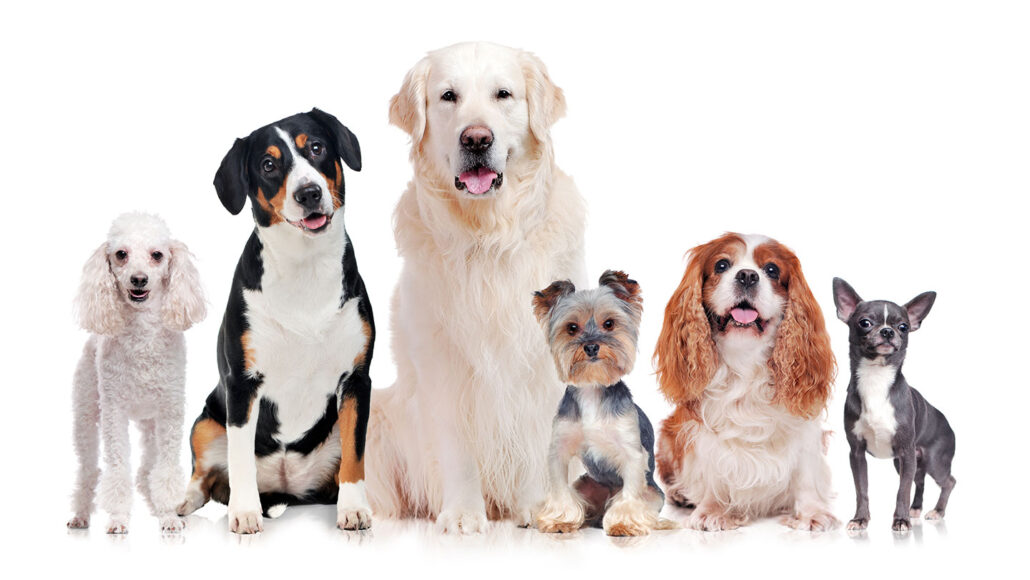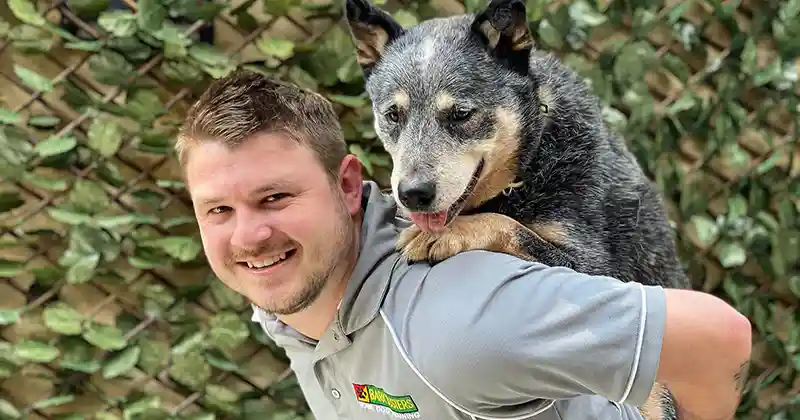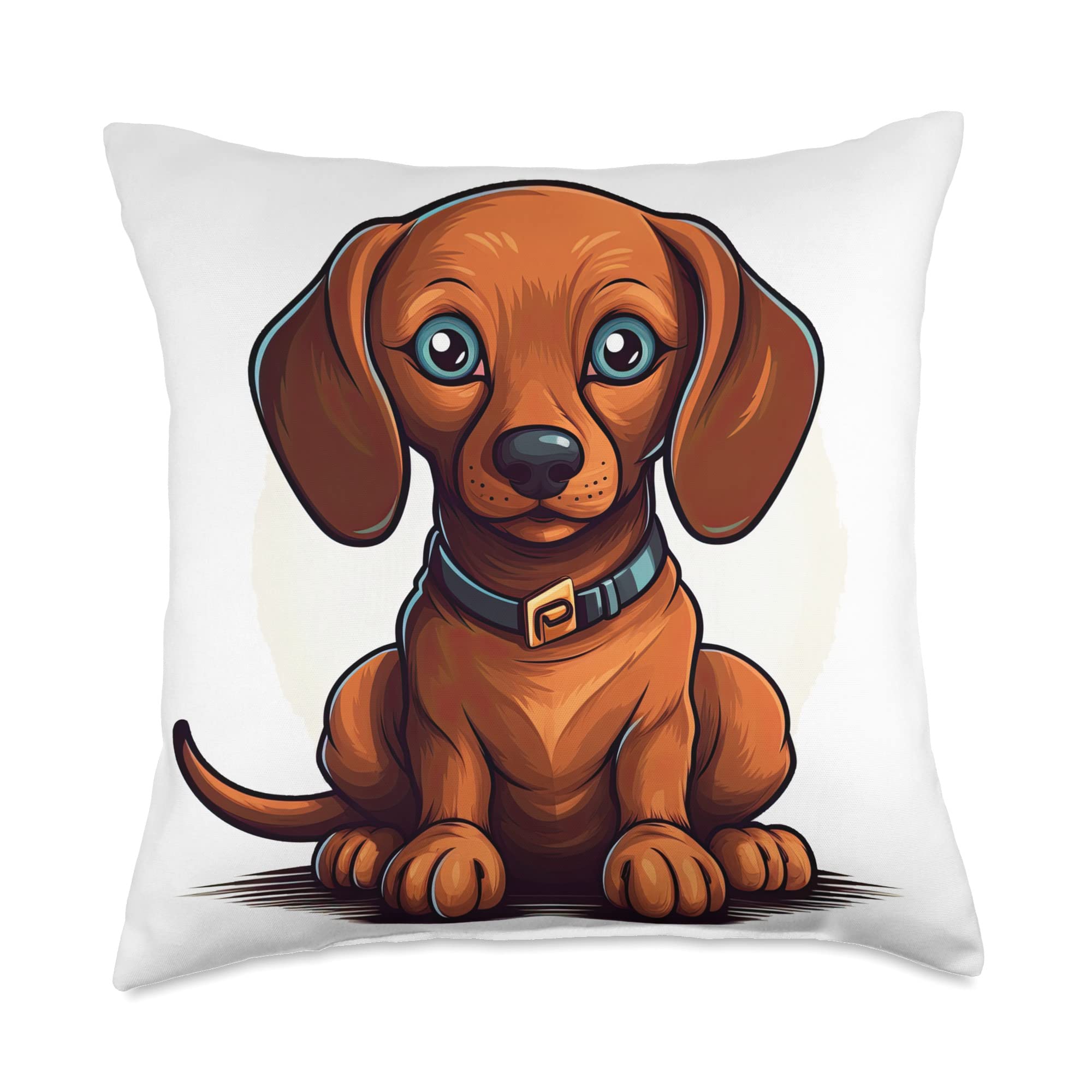Domesticated Animals: Unraveling Nature’s Companions

Domesticated Animals: Unraveling Nature’s Companions
Introduction
Domesticated animals, an integral part of human history, have been our companions for millennia. From loyal dogs to graceful horses, these animals have significantly influenced our lives. In this detailed guide, we will explore the diverse realm of domesticated animals, shedding light on their characteristics, significance, and the joy they bring to our lives.
Domesticated Animals
Understanding the Diversity of Domesticated Animals
Domesticated animals encompass a wide array of species, each with its unique traits and qualities. From the playful antics of pet rabbits to the elegance of domesticated felines, these animals bring diversity and joy to our homes.
The Importance of Domestication in Agriculture
Domesticated animals have played a pivotal role in the evolution of agriculture. Animals like cows, goats, and chickens have provided humans with essential resources such as milk, mconsume, and eggs, ensuring the sustenance and growth of communities worldwide.
Domesticated Animals as Companions
The bond between humans and domesticated animals goes beyond mere utility. Pets like dogs and cats, known for their loyalty and affection, provide emotional support and companionship, enhancing the overall well-being of their human counterparts.
Domesticated Animals in Cultural Significance
Across various cultures, domesticated animals helderly symbolic and spiritual importance. In some societies, certain animals are revered and considered sacred, reflecting the deep-rooted connection between humans and these creatures.
Frequently Asked Questions (FAQs)
Q: What are the most common domesticated animals?
A: The most common domesticated animals include dogs, cats, cows, pigs, horses, chickens, and goats. These animals have been domesticated for various purposes and are found in households worldwide.
Q: How long have humans been domesticating animals?
A: Humans have been domesticating animals for approximately 10,000 to 15,000 years. The process of domestication began with the taming of wild animals for agricultural and companionship purposes.
Q: Can domesticated animals communicate with humans?
A: While domesticated animals cannot speak human languages, they communicate with humans and each other through body language, vocalizations, and other forms of non-verbal cues. Humans is capable of learn to understand and respond to these signals, strengthening the bond between them and their animal companions.
Q: What role do domesticated animals play in therapy and assistance programs?
A: Domesticated animals, particularly dogs, are widely used in therapy and assistance programs. They provide emotional support, assist individuals with disabilities, and contribute significantly to the well-being of people in hospitals, nursing homes, and rehabilitation centers.
Q: How can pet owners ensure the well-being of their domesticated animals?
A: Pet owners can ensure the well-being of their domesticated animals by means of providing a balanced diet, regular exercise, proper grooming, routine veterinary care, and, most importantly, love and attention. Creating a safe and stimulating environment is essential for the overall health and happiness of domesticated animals.
Q: What are some lesser-known domesticated animal species?
A: In addition to common domesticated animals, tpresent are several lesser-known species that people preserve as pets or for specific purposes. These include ferrets, guinea pigs, parrots, and even certain types of reptiles. Each of these animals has unique characteristics that make them suitable companions for specific individuals.
Conclusion
Domesticated animals have become an integral part of our lives, offering companionship, sustenance, and emotional support. Through centuries of selective breeding, humans have cultivated diverse relationships with these animals, resulting in a harmonious coexistence that continues to enwealthy our lives. By understanding and appreciating the significance of domesticated animals,



